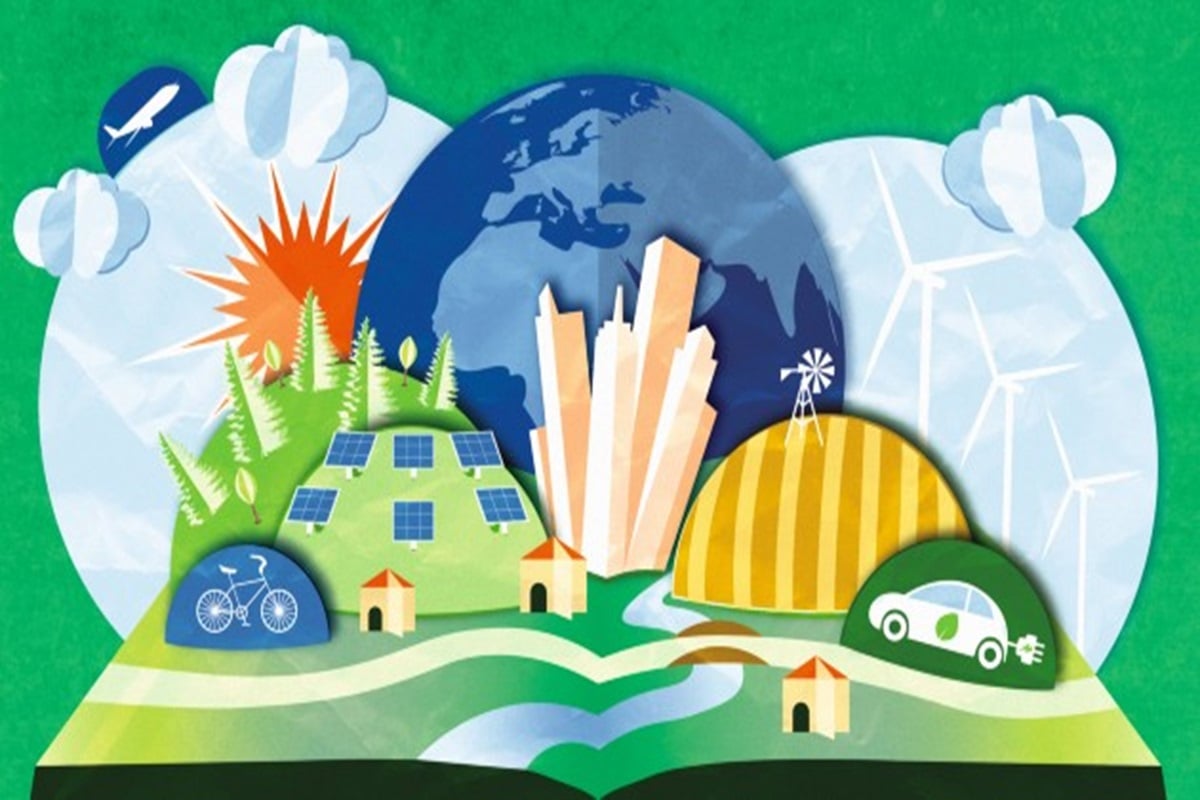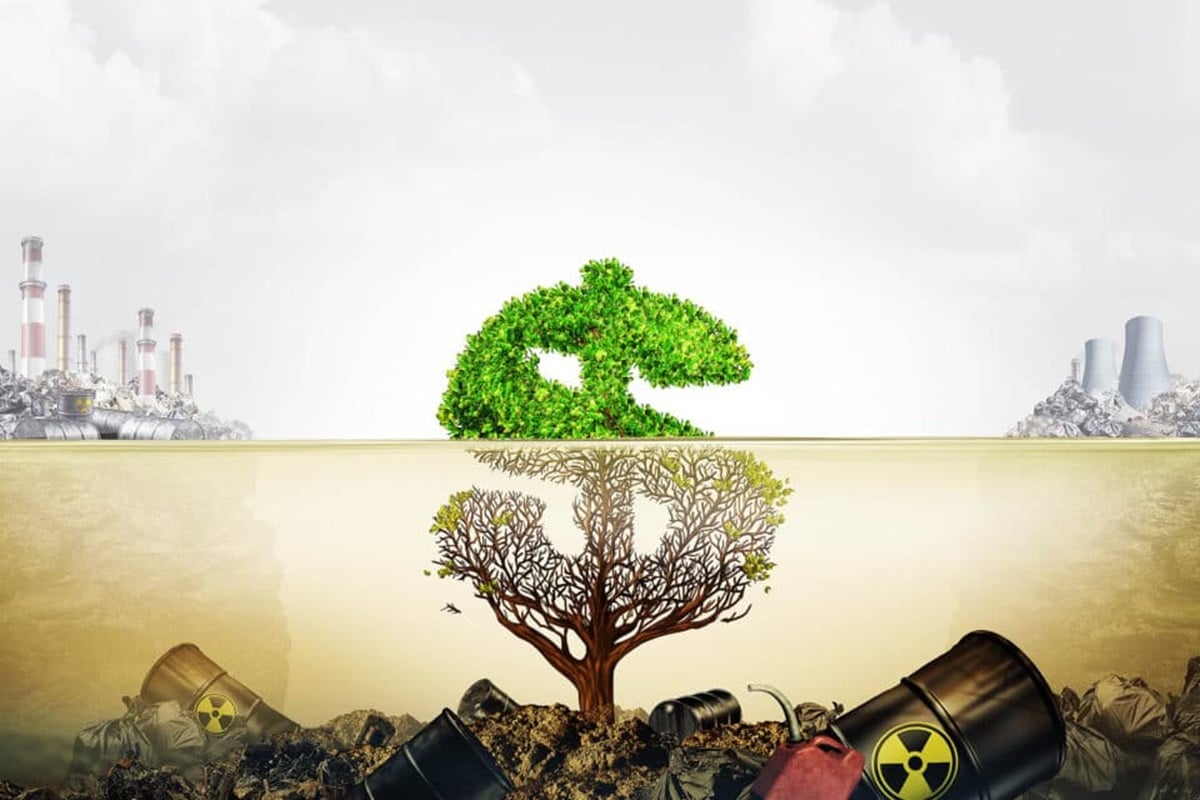Climate change, driven primarily by human emissions of greenhouse gases, has far-reaching consequences for our planet. While it poses significant challenges, it can also present opportunities for certain countries. Let’s explore how climate change can be both a curse and a blessing.

- Challenges Posed by Climate Change:
- Health Impacts: Rising temperatures and extreme weather events can affect human health, leading to heat-related illnesses, respiratory problems, and the spread of diseases.
- Food Security: Changes in rainfall patterns and rising sea levels can disrupt agriculture, affecting crop yields and food availability.
- Displacement and Poverty: By 2050, unchecked climate change could force over 200 million people to migrate within their own countries, pushing up to 130 million into poverty.
- Opportunities for Some Nations:
- Renewable Energy: Countries investing in renewable energy sources (such as solar, wind, and hydropower) can reduce dependence on fossil fuels, mitigate climate impact, and create jobs.
- Innovation and Adaptation: Nations that invest in climate-resilient infrastructure, sustainable agriculture, and green technologies can thrive in a changing world.
- Economic Growth: As the demand for clean energy and eco-friendly products increases, countries with forward-thinking policies can attract investment and boost their economies.
- Leading Countries in Climate Action:
- Norway: A global leader in renewable energy, Norway’s hydropower-based electricity grid sets an example for others.
- Chile: Ranked high in greenhouse gas emissions reduction, Chile demonstrates commitment to climate action.
- Portugal: Despite challenges, Portugal focuses on reducing emissions and energy use.
While climate change poses immense risks, proactive nations can turn adversity into opportunity. By embracing sustainable practices, investing in clean energy, and fostering innovation, countries can navigate this complex landscape and emerge stronger.
